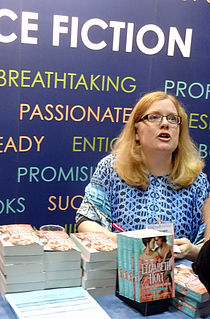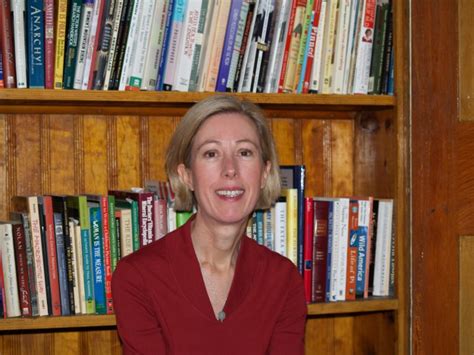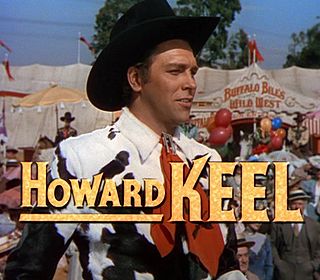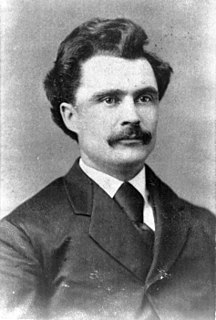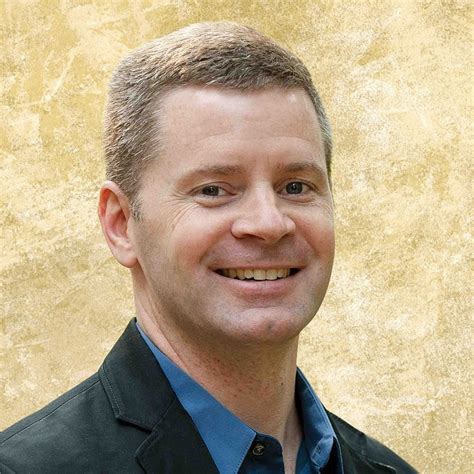A Quote by Emile Zola
Sin ought to be something exquisite, my dear boy.
Related Quotes
God has decided the rules of life, whereby you don't trespass on anybody else's rights, and sin is something that upsets the balance of things. There are three types of sin: sin against yourself; sin against other people; and sin against God. People often sin against themselves and others and misbehave with God, too.
When sin lets us alone we may let sin alone; but as sin is never less quiet than when it seems to be most quiet, and its waters are for the most part deep when they are still, so ought our contrivances against it to be vigorous at all times and in all conditions, even where there is least suspicion.
Satan’s sin becomes the first sin of all humanity: the sin of ingratitude. Adam and Eve are, simply, painfully, ungrateful for what God gave. Isn’t that the catalyst of all my sins? Our fall was, has always been, and always will be, that we aren’t satisfied in God and what He gives. We hunger for something more, something other.
I am not what I ought to be! Ah! how imperfect and deficient! - I am not what I wish to be! I 'abhor what is evil,' and I would 'cleave to what is good!' - I am not what I hope to be! Soon, soon, I shall put off mortality: and with mortality all sin and imperfection! Yet, though I am not what I ought to be, nor what I wish to be, nor what I hope to be, I can truly say, I am not what I once was - a slave to sin and Satan; and I can heartily join with the Apostle, and acknowledge; By the grace of God, I am what I am!



